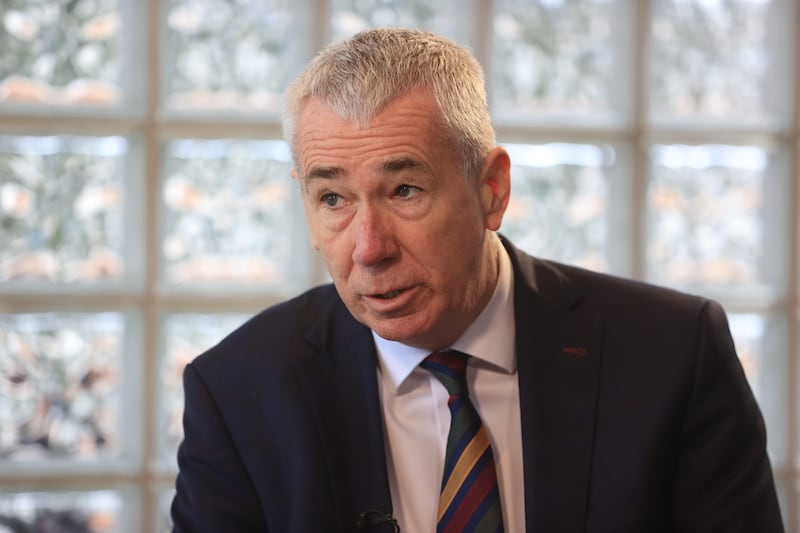When Pastor James McConnell made his offensive, sweeping and ill-judged comments about Muslims in a sermon delivered at the Whitewell Metropolitan Tabernacle in north Belfast in May 2014, he could not have known the far-reaching repercussions of his remarks.
If he had confined his sermon to within the walls of his church it is unlikely it would have come to wider public attention.
As it was, his remarks were streamed online to a potentially global audience and sparked widespread outrage.
The pastor's reputation was severely damaged and his subsequent television appearances suggested an elderly man struggling to deal with the enormity of the situation.
It was an issue which reached the highest levels of government with Peter Robinson speaking out in defence of the pastor and managing to create an even bigger storm when he told the Irish News he would trust a Muslim to go the shops for him.
After several days of pressure, which included headlines around the world, the First Minister was eventually forced to apologise to Muslims.
But that was not the end of the matter.
The Public Prosecution Service (PPS) decided to prosecute Pastor McConnell under the 2003 Communications Act in relation to the sermon which had been broadcast online.
The subsequent court case became something of a cause celebre with supporters of the preacher turning out in numbers and presenting the issue as one of free speech.
Judge Liam McNally agreed, up to a point, concluding that while the words used by Mr McConnell were offensive they did not meet the high threshold of being ``grossly offensive.''
It is perhaps a fine distinction but it meant the pastor was found not guilty.
The judge pointed out that if the preacher had qualified his remarks, as he did in subsequent media interviews, he could have been spared the legal battle.
For his part, the 78-year-old pastor said if he was to give the sermon again he would word it differently, so perhaps some lesson has been learned in what has been a bruising experience.
Judge McNally also issued a firm endorsement of the right to express opinions which may cause shock or outrage.
``The courts need to be very careful not to criminalise speech which, however contemptible, is no more than offensive. It is not the task of the criminal law to censor offensive utterances,'' he said.
There is, of course, a clear distinction between the criminal court and the court of public opinion.
People are entitled to hold a particular view but those in positions of influence need to take care in choosing their words to ensure their meaning is not open to misinterpretation.
Pastor McConnell has been cleared of a criminal offence but that does not make his insulting and hurtful comments about the followers of an entire religion any more acceptable.






